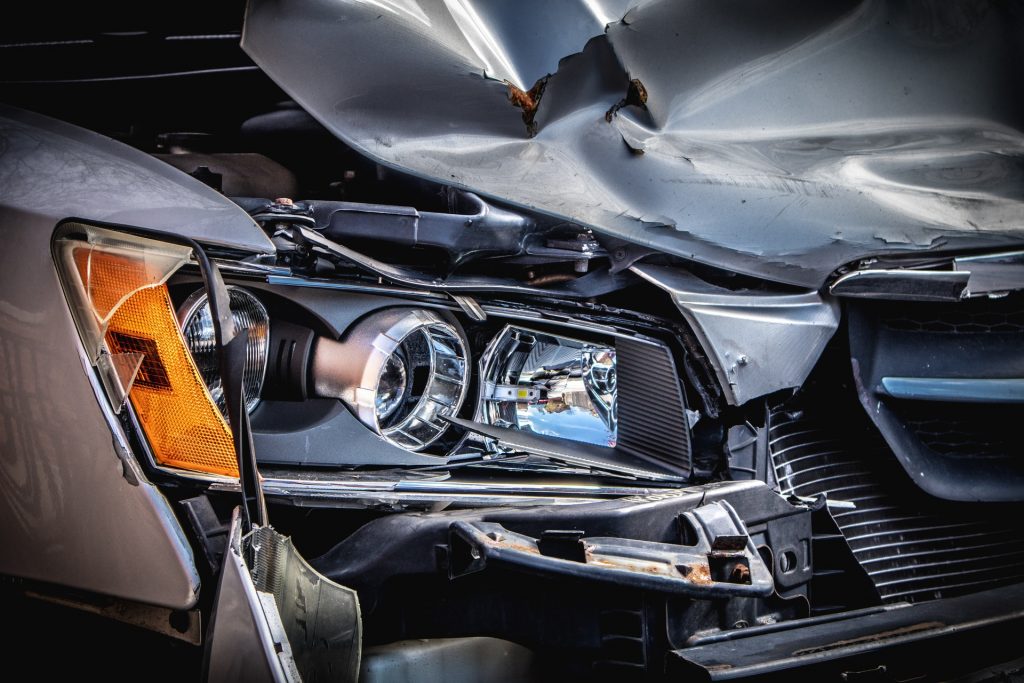It was not so long ago that the UK government was promoting and encouraging the use of diesel cars. When the road tax system changed to a CO2-based system in the early 2000’s, it favoured the use of diesel cars. Like many other governments across Europe, the UK are now creating emission taxes that are doing the polar opposite, and deterring away from the use of diesel vehicles. With the introduction of electric cars, and environmentalists becoming more prominent and passionate within the community, there can be a lot of pressure on diesel drivers to swap their beloved vehicle for something more ‘socially acceptable’.

Like all other aspects of life, you should really consider your personal benefits of having a particular type of vehicle. It is too easy to succumb to peer pressure, so if you’re on the fence about it, here’s a list of pros and cons about owning a diesel vehicle that will hopefully help you make a decision on which way to go.
Pros:
- Better MPG over long journeys When it comes to long-distance mileage, the diesel cars come out on top. If you are travelling over 15,000 miles a year, chances are that your diesel is the better option for you.
- Fuel efficiency
The larger diesel vehicles like an SUV can make a big difference to the fuel economy, due to the torque and power being in the lower range. - Easier to drive
As a general rule, a diesel car is usually easier to drive, as you do not have to rev the car as hard to get it moving. This means, there is a less chance of stalling, which makes them a great choice for learner drivers. - Fine in rural areas
Diesel cars older than 2015 have to pay a surcharge in some places, however, this won’t affect rural areas. If you very rarely venture out into the big bad city, you may benefit more by keeping your diesel car. - Better for towing
The higher torque of a diesel cars engine provides more pulling power, which makes diesel cars ideal for towing caravans and trailers.

Cons:
- Euro 6 emission guidelines
The Euro 6 law came into force on September 1st 2014, which is a set of guidelines that control the CO2 output of new diesel cars. Like most laws, there is a loophole of sorts that implies that some diesel cars can still be banned in the future, so your current vehicle may not be legal in the years to come. - Diesel toxin tax
Depending on where you’re living, you could be affected by the diesel toxin tax, which started to roll out in 2019 in London, but has the potential to become the norm across all major UK cities. The area is called the ‘ultra-low emissions zone’ and is applicable to diesel cars that don’t meet the Euro 6 emission standards, and comes with a charge of £12.50, which could result in an annual cost of £7,552. - Prices are dropping
If you decide to hold on to your diesel car, the amount that it will be worth could end up being significantly smaller than what it was originally worth. As more and more regulations are being introduced, the desire for diesel cars are dropping, so it’s only natural that the prices go with it. - You’re running out of time
By the year 2030, 24 European cities will ban diesel cards in their entirety, affecting an estimated 62 million people with the new laws. Other countries tend to follow suit once big changes have been made, so it’s hard to see what the future holds for diesel cars across the board!


